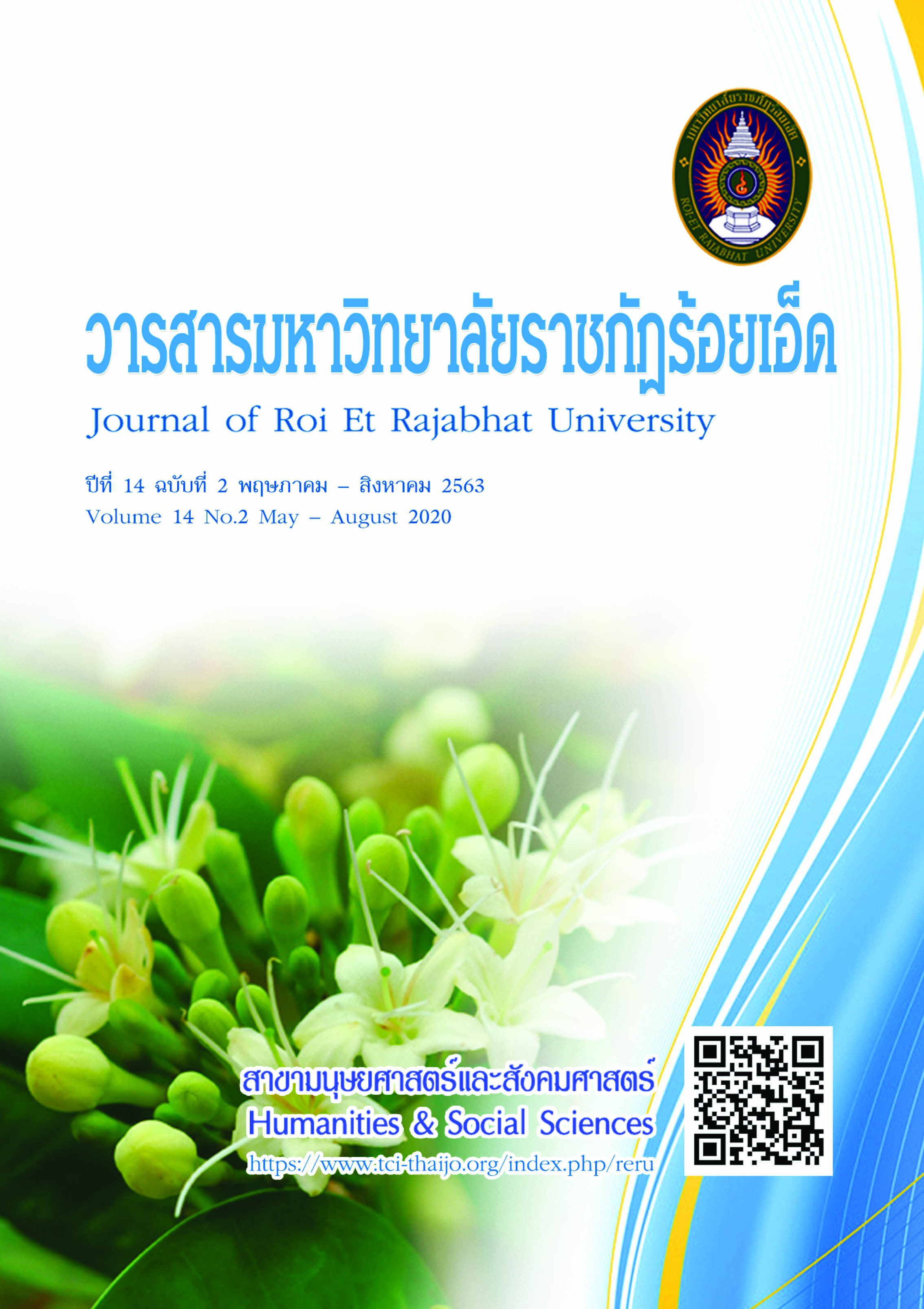The Relationship between Private Law and Public Law in Consumer Protection Mechanism on Contract in Thailand
Keywords:
Consumer Protection, Contract Law, Private LawAbstract
A relationship between a consumer and a businessperson in consumption activities is based on the private law under The Commercial and Civil Code, especially the property law. Contract law and tortious law principle those in the Laissez Faire system which private law is the tool in managing the legal relationship between the consumer and the businessperson. However, they cannot sufficiently protect the rights and preserve the justice to the consumer. The businessperson applies the private law as the way to make a unilateral contract in order to take advantage and exploit benefits from the consumer who lacks the economic bargaining power, correct and complete information regarding a product or a service and also the effectivel gathering into a group of the consumers. Therefore, it is the State’s duty to have a role in consumption activities by changing the Laissez Faire concept to the Welfare State concept. In this regard, this article introduces the private law theory and the evolution of the State’s role in intervening legal relationship between the consumer and the businessperson regarding their contract, including the current fact of legal relationship on the contract between the consumer and the busiperson and a form of State’s intervention in legal relationship on contract in consumption activities. Lastly, it also analyzes the relationship between the private law and the public law in a consumer protection mechanism on contract in Thailand.
References
ดาราพร ถิระวัฒน์. (2542). กฎหมายสัญญาสถานะใหม่ของสัญญาปัจจุบันและปัญหาข้อสัญญาที่ไม่เป็นธรรม (พิมพ์ครั้งที่ 2). กรุงเทพฯ: มหาวิทยาลัยธรรมศาสตร์.
บุญศรี มีวงศ์อุโฆษ. (2555). กฎหมายมหาชนเบื้องต้น. กรุงเทพฯ: เดือนตุลา.
วิชิตวงศ์ ณ ป้อมเพชร. (2552). เบื้องแรกของเศรษฐศาสตร์. กรุงเทพฯ: วศิระ.
ศนันกรณ์ โสตถิพันธุ์. (2552). คำอธิบายนิติกรรม-สัญญา (พิมพ์ครั้งที่14). กรุงเทพฯ: วิญญูชน.
เสรี วงศ์มณฑา. (2523). การโฆษณามีคุณค่าแก่ผู้บริโภคอย่างไร. วารสารบริหารธุรกิจ, 16(4), 93-97.
สุกัญญา นิธังกร. (2521). ผู้บริโภคกับตลาดสินค้าที่มีการผูกขาด. วารสารนิติศาสตร์, 2(10), 229-244.
สุรศักดิ์ วาจาสิทธิ์. (2529). ข้อจำกัดความรับผิดในสัญญา. วารสารนิติศาสตร์, 3(16), 117-130.
Robert, B. and Martin, C. (1999). Understanding Regulation, Theory, Strategy and Practice. UK: Oxford University Press.
Robert, E. G., Bruce, H., Ruud, M. and Henk-Jan, D. (1999). The Real Worlds of Welfare Capitalism. UK: Cambridge.
Downloads
Published
How to Cite
Issue
Section
License
บทความที่ได้รับการตีพิมพ์เป็นลิขสิทธิ์ของวารสารมหาวิทยาลัยราชภัฎร้อยเอ็ด
ข้อความที่ปรากฏในบทความแต่ละเรื่องในวารสารวิชาการเล่มนี้เป็นความคิดเห็นส่วนตัวของผู้เขียนแต่ละท่านไม่เกี่ยวข้องกับมหาวิทยาลัยราชภัฎร้อยเอ็ด และคณาจารย์ท่านอื่นๆในมหาวิทยาลัยฯ แต่อย่างใด ความรับผิดชอบองค์ประกอบทั้งหมดของบทความแต่ละเรื่องเป็นของผู้เขียนแต่ละท่าน หากมีความผิดพลาดใดๆ ผู้เขียนแต่ละท่านจะรับผิดชอบบทความของตนเองแต่ผู้เดียว





